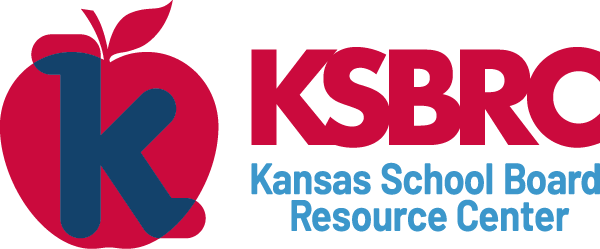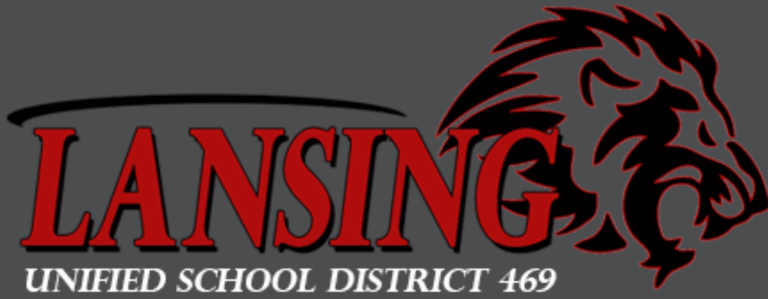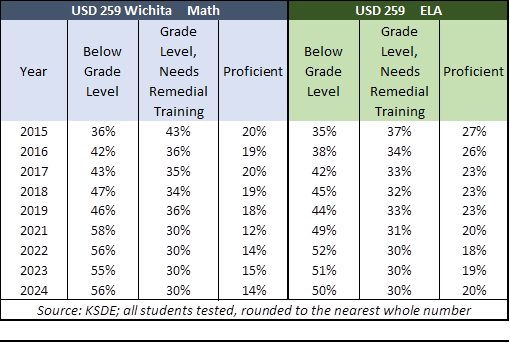One out of three Kansas students are below grade level in reading and math.
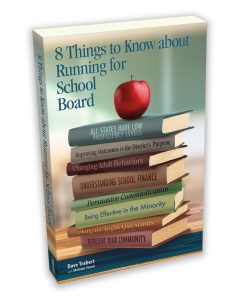
Only 18% of high school graduates in The Sunflower State who took the American College Testing (ACT) exam proved to be college-ready in English, Reading, Math and Science
Despite the hard work of Kansas teachers and others in public education, the results have continued to trend downward over the last decade, making the role of local school board members more important than ever. It’s the board’s responsibility to set achievement goals and ensure that the staff has an appropriate plan in place to reach the target, but the public education bureaucracy often makes that job more difficult.
To help school board candidates and current board members overcome those challenges, Kansas Policy Institute (KPI), the parent company of The Sentinel, and another subsidiary, the Kansas School Board Resource Center, have released 8 Things to Know about Running for School Board.
The book offers guidance on these eight lessons:
- Student Outcomes Are Much Lower Than You Think
- The Purpose of a School District is to Improve Student Outcomes
- Student Outcomes Won’t Change Until Adult Behaviors Change
- Know the Basics of School Finance
- Communicate Using the Six Powers of Persuasion
- Being Effective in the Minority
- Ask Probing Questions to Improve Outcomes and Avoid Distractions
- Effective School Board Members Represent Their Community
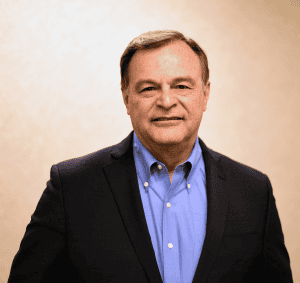
Kansas Policy Institute
Lead author Dave Trabert, CEO of KPI, says history shows that student outcomes won’t change until adult behaviors change, and that won’t happen organically. Students need school board members to take charge:
“The book serves as a blueprint for school board candidates. It can be overwhelming to take office and have everything you need to impact students positively. New school board members often fall into bureaucratic ruts because they don’t have the resources needed, and the education system’s primary focus is not on improving outcomes.”
David Hoyt, Executive Director of School Boards for Academic Excellence, says 8 Things to Know about Running for School Board will serve as a nationwide primer on how to improve student outcomes:
“School board members and candidates in all 50 states would benefit greatly from absorbing the wisdom in Trabert’s new book. From defining a winning platform to measuring success, this book is the most comprehensive treatment of the subject to date.”
Karen Overbey is in her first term on the Leavenworth USD 453 School Board. She says she can relate to the issues the book covers:
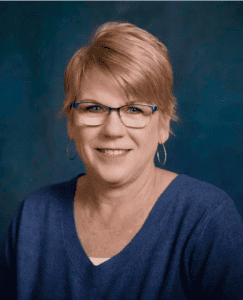
“I am excited to see the book, as I think KPI has been a badly needed voice in presenting a different perspective and drawing attention to the state of public education in Kansas.
“Of the issues you’ve listed, I think we’ve faced all of them in one degree or another while campaigning for and serving on local school boards. I am new to all of this, and I come to it with no particular expertise outside of a mom’s intuition and common sense. I’m not good at the politics. I just want to do better for our kids because we’re going to need them to be COMPETENT for the future health of the country.
“I think that focusing on “improving outcomes is the district’s purpose” and “changing adult behaviors” are at the heart of solving all the problems in our schools.
“Changing adult behaviors is often difficult because change evokes a lot of emotion on all sides. We’ve experienced this in spades during the last two election cycles in particular. But let’s face it: all the adults in this equation (from legislators and bureaucrats down to teachers and parents) are in need of changing their behavior if we are to improve outcomes. Keeping the focus on improving outcomes IS the change in adult behavior that is needed. Stay on task. Focus on problem-solving.
“Admittedly, sticking to the task of improving outcomes can be difficult in light of where we’re at in terms of what “we” (as a collective) have asked, demanded, or allowed our schools to do outside of preparing students to read, write, think and compute proficiently. Public education has grown into an enormous, bloated and complex “blob.” We’ve gotten to a place where we are doing too many things “not very well” instead of doing the one thing (education) “very well.” A refocus on the mission and a change in behavior are in order.”
The book is available on amazon.com in both paperback and Kindle.
